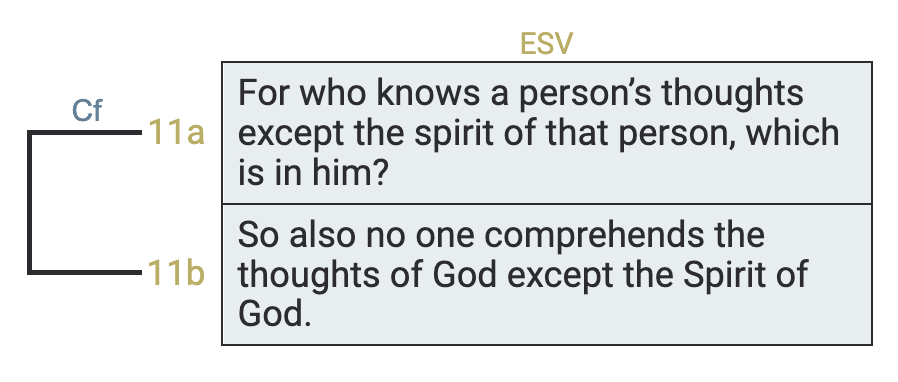Lesson 2 | Support by Restatement
Rhetorical Questions
What is a rhetorical question?
rhe·tor·i·cal ques·tion noun
a question asked in order to create a dramatic effect or to make a point rather than to get an answer.
Sometimes we ask questions without any intention of having them answered. There is no need, since the question is not looking for an answer—it is making a point! Such rhetorical questions are familiar to most parents.
What were you thinking? (i.e. You were not thinking!) Has there ever been a boy more scatter-brained than you? (i.e. You are really scatter-brained.) When are you going to start keeping your room clean? (i.e. Please start keeping your room clean!) Could you be any more cute? (i.e. You are the cutest thing in the world!)
Questions in Literature
There are a few different reasons authors include questions in their writing. They may be recording a question in a dialog, as when the gospels record Jesus asking his disciples, “But who do you say that I am?” (Matthew 16:15, Mark 8:29, Luke 9:20) Other times, the author is putting forward a question to his readers that he then goes on to answer. “Who shall ascend the hill of the Lord? And who shall stand in his holy place? He who has clean hands and a pure heart, who does not lift up his soul to what is false and does not swear deceitfully.” (Psalms 24:3-4) Finally, authors often use rhetorical questions which are never directly answered in order to sharply communicate a point. “Who has heard such a thing? Who has seen such things? Shall a land be born in one day? Shall a nation be brought forth in one moment?” (Isaiah 66:8)
Why is this important? When considering the Bible’s logic, you need to know if you are dealing with a rhetorical question or not, for rhetorical questions will not relate to something else with a Question-Answer relationship, since no answer is given. Instead, rhetorical questions should be paraphrased as statements and in this way related to the sentence coming before or after.
For example, note how the question in 1 Corinthians 2:11a is not answered in the second half of the verse. Rather, the second half assumes that the reader has understood from the first half that no one know a person’s thoughts but his own spirit.

More Encouragement
Once again we are getting a bit technical, and so once again there is a need to remember why we are doing this.
[W]e need three things to be careful interpreters of the Word of God. First, we must admit we need help and that we will die without it. Left to ourselves, and our own unaided human reason, we are hopeless. We need revelation from above. Our eternal life hangs on this! Secondly, we need faith in the sovereign goodness of the Author. This faith not only frees us to go where the Bible leads us, but it impels us to go where the Bible leads us. It is, as Wesley said, 'the Book of God!' Thirdly, we need to learn how to read with the kind of care that corresponds to the preciousness of the Book.
—Tom Steller, from the forward to Biblical Exegesis
